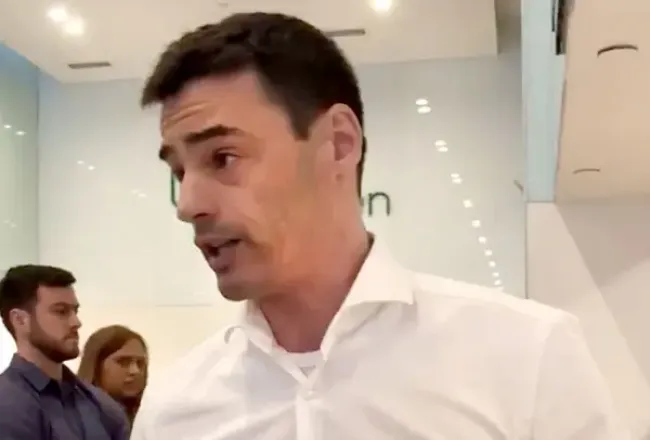Aaron Schlossberg Controversy: Racist Rant, Fallout & Legal Consequences Explained
In May 2018, New York attorney Aaron Schlossberg gained national notoriety after a video of him berating Spanish-speaking employees at a Manhattan restaurant went viral. His xenophobic tirade ignited widespread discussions about racism, professional ethics, and the repercussions of hate speech. This case examines the incident, its aftermath, and the broader societal implications.
The Fresh Kitchen Incident: A Viral Display of Hate
On May 15, 2018, Schlossberg was recorded at Fresh Kitchen in Midtown Manhattan, angrily confronting employees and customers for speaking Spanish. He demanded that they speak English and threatened to call U.S. Immigration and Customs Enforcement (ICE), falsely accusing them of being undocumented:
“My guess is they’re not documented, so my next call is to ICE to have each one of them kicked out of my country.”
The video spread rapidly across social media, drawing immediate backlash. Onlookers in the footage defended the employees, calling Schlossberg “ignorant” and highlighting the diversity that defines New York City.
Further investigation revealed that this was not an isolated incident. Schlossberg had a history of aggressive and discriminatory behavior:
- 2016 Confrontation: He verbally attacked Willie Morris, a Massachusetts native, on a Manhattan street, calling him an “ugly fucking foreigner” and falsely claiming he wasn’t a U.S. citizen.
- Anti-Semitic Remarks: At a 2017 protest, he targeted Orthodox Jewish counterprotesters, shouting, “You are not a Jew!”—despite identifying as Jewish himself.
- Pro-Trump Rants: In 2017, he was filmed wearing a MAGA hat, cursing at anti-Trump demonstrators, and declaring, “You should be thanking me for letting you come here.”
Backlash and Professional Consequences
The fallout from the Fresh Kitchen incident was swift and severe:
- Public Shaming: His law firm’s Yelp page was flooded with one-star reviews, prompting Yelp to issue an “active cleanup alert.” A Change.org petition calling for his disbarment gathered over 25,000 signatures.
- Loss of Office Space: His office provider, Corporate Suites, terminated his lease, stating that his behavior violated their “community norms.”
- Legal Discipline: In 2020, the New York Appellate Division publicly censured Schlossberg, citing his misconduct and noting his expressed remorse.
- Malpractice Lawsuit: In 2018, a former client, Niche Music Group, sued him, arguing that his racist outburst damaged their case and cost them business opportunities.
The Apology That Fell Flat
A week after the incident, Schlossberg issued a public apology on social media, claiming, “I am not racist,” and insisting that his actions did not reflect his true character. He praised New York’s diversity but faced widespread skepticism. Critics, including Rep. Adriano Espaillat, dismissed his statement as insincere, citing his documented history of bigotry.
Broader Implications: Racism in the Legal Profession and Beyond
Schlossberg’s case raises larger questions about accountability and discrimination:
- Ethics in Law: While he avoided disbarment, his censure reinforced the legal profession’s responsibility to address misconduct. Notably, he was not a member of the New York State Bar Association, which lacks disciplinary authority over non-members.
- The Power of Social Media: The viral video exposed his actions, leading to public accountability—but also resulted in harassment, including death threats and suspicious packages sent to his office.
- Legal Ramifications: The NYC Commission on Human Rights investigated the incident, emphasizing that discrimination based on language or immigration status violates city law and carries fines of up to $250,000.
Conclusion: A Cautionary Tale
Aaron Schlossberg’s downfall is a stark reminder that hate speech carries consequences—both personal and professional. While free speech laws protect offensive opinions, societal and institutional backlash can marginalize those who promote bigotry. As GQ put it:
“The Internet didn’t ruin Aaron Schlossberg’s life. Aaron Schlossberg did.”
As discussions about racism and accountability continue, this case serves as a powerful example of collective outrage and the ongoing need for systemic change.
